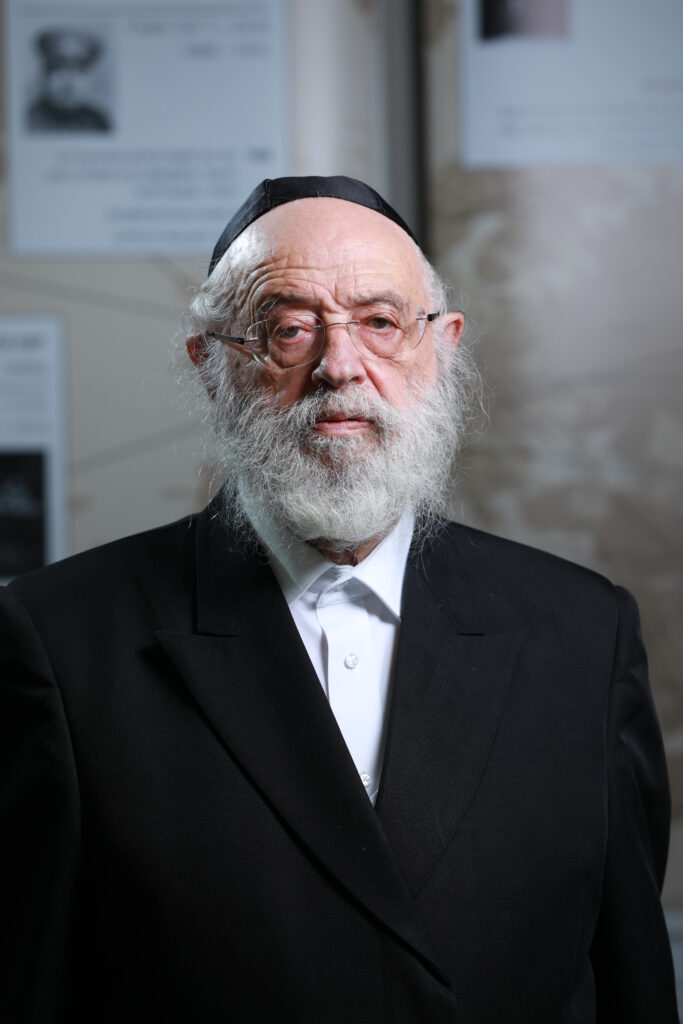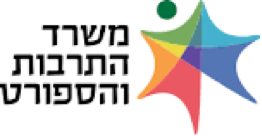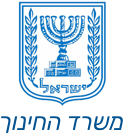Statement of the Ganzach Kiddush Hashem President
Rabbi David Skulski
Ganzach Kiddush Hashem took upon itself the task of uncovering, researching, and documenting all types of heroism of the Jewish soul and the maintaining of human dignity in Jewish history, and particularly during the Holocaust, in all the areas in which the Holocaust took place. Ganzach Kiddush Hashem is here for the survivors and victims, those who until their last breath, carried the immortal call of “Shema Yisrael” (the Hear Oh Israel prayer) on their lips, and to perpetuate their stories and pass them on to future generations.
This is Ganzach Kiddush Hashem’s working concept, as laid down by its founder, the late Rabbi Moshe Prager z”l.
Ganzach Kiddush Hashem operates in both the historical and educational fields. As generations pass, the danger increases of forgetting and denying the Holocaust. The presence of survivors, the first-hand witnesses who vowed to tell their stories and gave meaning and validity to the memory of the Holocaust. However, the survivor generation is disappearing and leaving a huge void in their wake. The members of the younger generation feel less and less connected to the past, which in their eyes is over and done with. They do not understand why the history is relevant.
And what about the memory of the Holocaust? What will happen to the stories documenting the preservation of humanity, of the sanctification of G-d’s name, and of the sanctification of life? Ganzach Kiddush Hashem made it its goal to fulfill the G-dly commandment to “Remember” and to act in the spirit of the last will and testament of those who perished: “All this has befallen us, yes we did not forget You (G-d)” (from the Tachanun prayer). The historical-educational activity of Ganzach Kiddush Hashem is intended to fill this void, to perpetuate the memory and illuminate the history of the Jewish People in a new light.
Ganzach Kiddush Hashem places special emphasis on teaching about the Holocaust and introducing awareness of it in the public, especially amongst the youth. We believe that we must teach the subject of the Holocaust from a Jewish faith-based point of view, raising the image of rabbis and intellectuals who were role models by standing firm in their power of Judaism and their Torah oriented life. These illustrious figures include the members of the Hasidic resistance organization known as the “Metisovitzim,” the Admor (Rabbi and teacher) of Sanz, and Rabbi Weissmandel z”l, who never ceased to lead and work for the common good even from within the Valley of Tears. We wish to commemorate the Jewish families who preserved the chain of generations and the image of ordinary Jews who clung to faith and Halacha (Jewish Law) as an anchor of salvation even when “a sharp sword was raised above their necks” (Berachot 11:32).
By examining the past and investigating the religious aspect of the Holocaust, we try to understand where our ancestors got the strength and mental fortitude to survive the horrors and maintain their humanity. We seek to revive the memory of the Holocaust and make it relevant and meaningful. Youth who are educated in this spirit will be proud to be part of the Jewish People and will gain a true connection to the fateful events that shaped the character of our nation.
The large amount of material stored and carefully preserved in the Ganzach Kiddush Hashem archives serve as an extensive base and infrastructure for education, writing, and research. Beyond the subject of the Holocaust, Ganzach Kiddush Hashem contains many treasures related to the heritage of the Jewish People in all its diasporas, communities, institutions, as well as about leaders and the Jewish People’s firm stand in the face of antisemitism in its various forms. Our mission is to connect the events of the Holocaust to the historical Jewish heritage, which is the force pushing for the existence of the people of Israel.
Ganzach Kiddush Hashem delves deeply into educational and cultural programs, which will be included in the new Faith and Resilience Education Center.
Rabbi David Skulski








